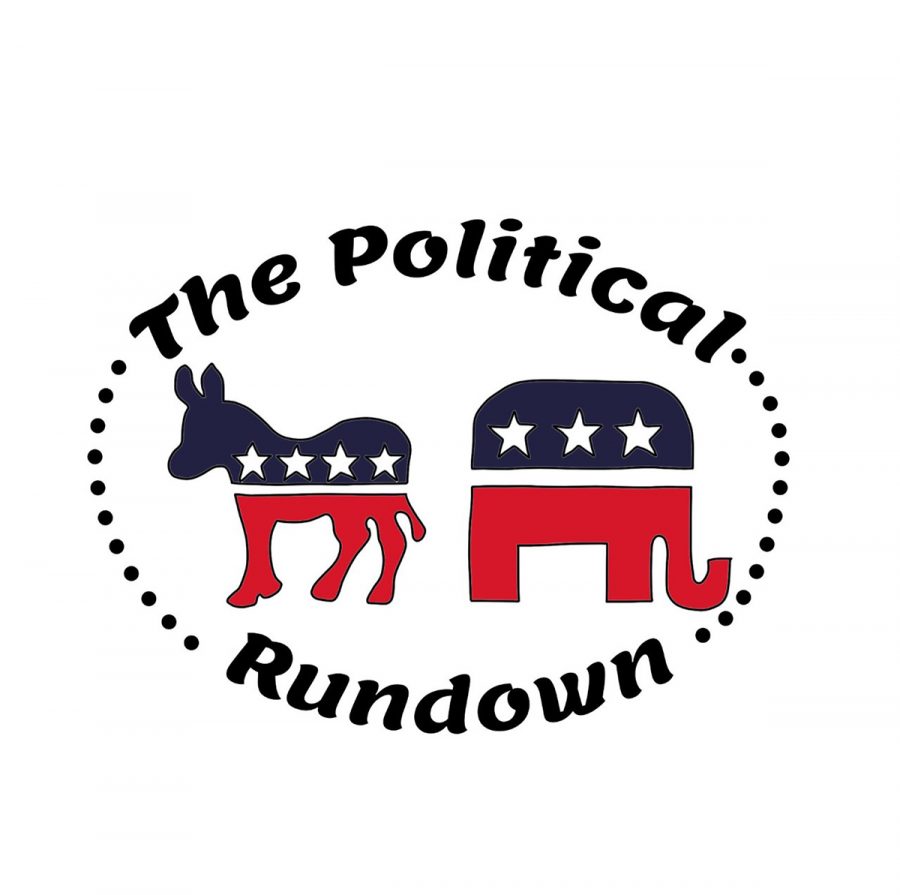The Political Rundown
The Iowa factor
Welcome back, Blugolds. Eau Claire’s winter break may have been one of the longest, but the spring semester is starting up just as the Democratic race is meant to heat up.
The Iowa caucus begins Monday at 7 p.m. and, hopefully, all the hype will be worth it.
The big question floating around in my head is, “Why is this caucus so important?” The amount of money and energy candidates have put into Iowa recently seems a little absurd, but what it comes down to is basically just — it’s first.
Candidates have been debating and releasing policy statements for months and Iowa is the first time they get to see if it all paid off.
“The real impact of these early contests is momentum — who does well, who doesn’t and who beats expectations will determine who continues to see a viable path for themselves to the nomination,” Domenico Montanaro, with NPR, said.
Iowa is important for a few other reasons, as well.
First, if candidates do not win at least one delegate in either Iowa or New Hampshire, they won’t automatically qualify for the Las Vegas debate, according to The New York Times. Instead, candidates will have to qualify in a more difficult way.
It is also important because Iowa seems to have a knack for picking the nominee.
“The last seven of nine people who have won Iowa have gone on to be the nominee, including the last four,” Montanaro said.
Iowa seems especially interesting right now because the Iowa polls are not matching the national polls. In Iowa, Bernie Sanders and Joe Biden are tied at 22 percent, Pete Buttigieg is next with 18 percent and Elizabeth Warren is fourth with 15 percent, according to The New York Times.
The main person to watch out for in Iowa is Buttigieg. Coming in third in Iowa polls is a big deal considering his national average is only 7 percent — putting him below Warren and Michael R. Bloomberg, according to The New York Times.
Apart from Iowa, there is some small stuff I feel I should catch you guys up on.
First, we are down to 11 candidates. These include Biden, Sanders, Warren, Bloomberg, Buttigieg, Amy Klobuchar, Andrew Yang, Tom Stayer, Tulsi Gabbard, Deval Patrick and Michael Bennet.
A few candidates have dropped out since December, but Bloomberg has officially entered and is already polling at 8 percent and is expected to qualify for the Las Vegas debate, according to The New York Times.
On the Republican side of the race, President Trump, Joe Walsh and William F. Weld are currently running. However, the Republican party’s candidate is only Trump, meaning Walsh and Weld could be left off of ballots.
In Wisconsin, the Republican Party only submitted Trump’s name, according to The Hill. Walsh and Weld had to get 8,000 signatures by Jan. 28 in order to appear on the ballot, but there is no news on whether or not they achieved that goal.
The Republican Party’s choice to not have debates or primaries shows how confident they are that Trump will make it through the impeachment trial.
But even if he does, I’m not sure voters will look at him the same way.
Kuchta can be reached at [email protected].

Tiana Kuchta is a fourth-year English critical studies student. Outside of The Spectator, she enjoys spending her time reading, being with family, catching up on Netflix and being surrounded by cats.

